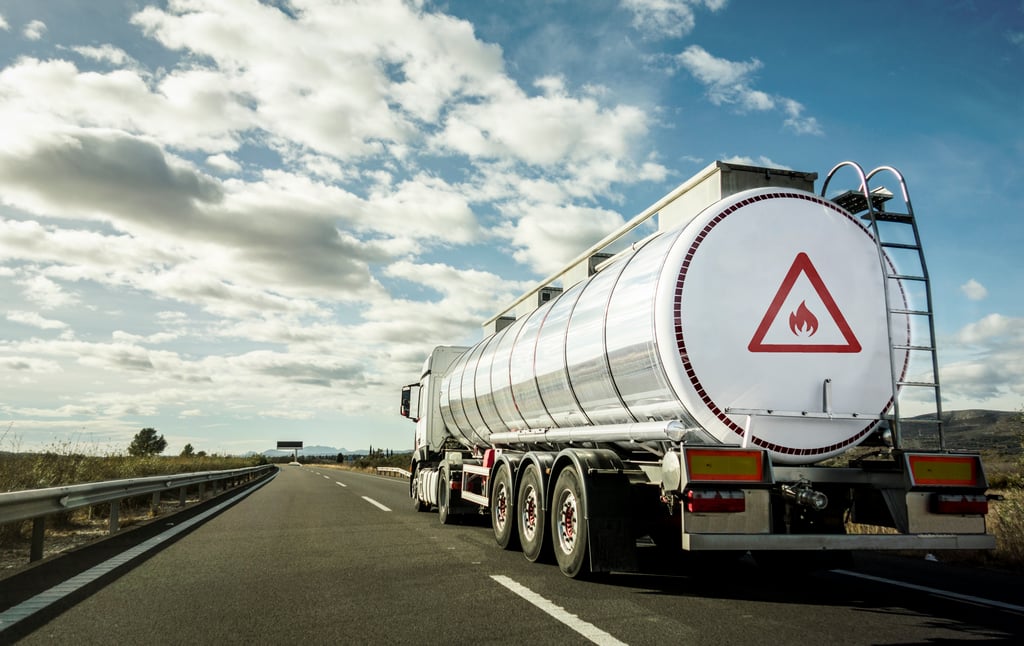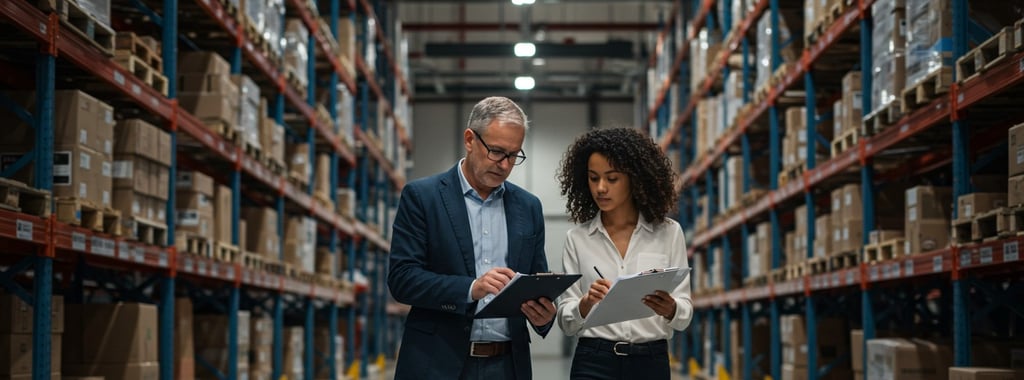With the Middle East construction industry continuing to grow, a more robust attitude to occupational health and safety management is required in the region
What are the main health and safety issues facing businesses in the region?
“When I first started working in the UAE around 12 years ago, awareness of adequate personal protective equipment was low, but over the last decade, we’ve seen huge improvements. Ten years ago, you would regularly see workers at height without safety harnesses or appropriate scaffolding, but there were also many other problems which weren’t quite so obvious. These included employees using standard dust masks when working in a chemical industrial plant rather than the appropriate chemical mask, or wearing the wrong ear protectors when working in areas of extreme noise.”
What progress has been made?
“Recent developments in occupational health and safety legislation and regulations have helped drive positive changes in behaviour, although the changes differ across areas. However, many government organisations and multinational companies operating out of the UAE are driving their own progress through certification to the latest international OHS standard, ISO 45001. Being certified to this standard means those organisations have successfully turned any uncontrolled hazards into controlled risks, safeguarding the wellbeing of both employees and business at the same time. In fact, the Middle East region is second only to the UK in the number of LRQA customers which have either adopted ISO 45001 already or have applied to migrate across from the previous standard, OHSAS 18001.”
Where does work still need to be done?
“The majority of the UAE workforce is made up of expats – many of whom have emigrated from Asia or the Asian subcontinent. Some have little to no prior knowledge of working on large scale construction projects before they arrive and if adequate training is not given then they may not understand the importance of wearing appropriate PPE. I’ve seen many labourers use the heat as a reason to not wear the right protective clothing. While local laws dictate that no-one can work during the hottest midday hours during the summer, the reality is that many are under pressure to keep working, both to ensure projects are delivered on time, and for those workers to continue to earn money to send back home to their families.”
“Many labourers use the heat as a reason to not wear the right protective clothing”
How are companies meeting these challenges?
“A robust OHS management programme is of huge, if not critical importance to employers who need to demonstrate that they are taking due care and attention in safeguarding their workforces in hazardous situations on-site. In this area, the heat is one of the major hazards we must contend with – and a lack of training is prevalent. These challenges are also driving innovation in the PPE market and technology will be instrumental in helping manage risk. For example, in 2016, Emirates NBD gave workers air-conditioned vests during Ramadan, which when submerged in water for ten minutes, reduced the temperature of the wearer by 5-7°C through a cooling mechanism in the design. It’s a great initiative as it only requires access to water, not on-site refrigeration.”
Why should businesses choose ISO 45001?
“ISO 45001:2018 was developed as a framework to help organisations improve employee safety, reduce workplace risks and create healthier and safer working conditions. Rather than being a standalone activity, ISO 45001 weaves OHS into the fabric of an organisation giving the workforce an opportunity to raise concerns – and there are requirements for leaders to ensure that any barriers to participation, such as language or literacy or fear of reprisals are minimised. What’s really important is that senior management leads from the top – without the involvement of the leadership team it can be difficult to get everyone on board, especially if you’re making changes to company culture. It will now be interesting to see if the small to medium sized businesses also look to be certified for this standard.”
To read the full article in Middle East HSE click here.
LRQA has assessed many organisations and businesses in the GCC with regards to OHSAS 18001 and is now helping several in their ISO 45001 migration, including Abu Dhabi Police, Abu Dhabi Ports, Abu Dhabi Airports, Arabtec, General Civil Aviation Authority, EMAAR, ENOC, ADNOC, Petrofac, Aghtia Group, SERCO, WS Atkins and Partners ME, Dubai Drydocks, Kone ME, Aggreko, Thales International ME, Gulf Catering Co, MARS, and BASF Construction chemicals.






